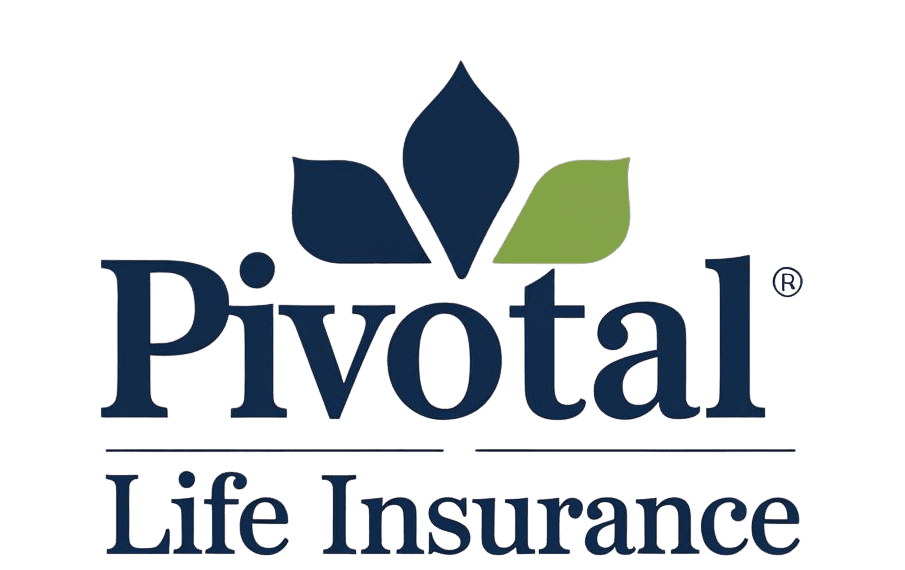Not all financial advisors are created equal. A Chartered Life Underwriter (CLU) brings specialized knowledge in life insurance, estate planning, and wealth protection that most advisors simply can’t match. Their guidance can make the difference between a well-protected future and unnecessary financial risks.
Here, you’ll learn what a CLU does, why their expertise matters, and when hiring one can benefit your family, your business, or your estate. By the end of this guide, you’ll have the clarity to decide if a CLU is the right specialist for your financial goals.
What is a Chartered Life Underwriter (CLU)?

A Chartered Life Underwriter (CLU) is a certified financial professional who has completed advanced coursework and demonstrated extensive knowledge in life insurance, estate planning, and business succession planning. This isn’t just another certification; the CLU is a professional title specializing in estate planning and life insurance, marking the holder as an expert in wealth protection and transfer.
What Does a Chartered Life Underwriter Do?
While a general financial advisor might cover a broad range of topics, a CLU provides deep, specialized guidance in several key areas. Their primary focus is on using life insurance as a tool to achieve complex financial goals for individuals and businesses. Their responsibilities are highly focused and valuable.
Specialized Life Insurance Planning: A CLU analyzes intricate personal and business needs to recommend the most suitable life insurance products, from term life to complex permanent policies.
Comprehensive Estate Planning: They work to minimize tax burdens and ensure a smooth transfer of assets to beneficiaries, using tools like trusts and annuities.
Business Succession Strategies: For business owners, a CLU is invaluable in structuring buy-sell agreements and key person insurance to ensure the business can survive the loss of a partner or owner.
Retirement Planning: They help structure retirement income streams and protect assets using insurance and annuity products.
Risk Management and Assessment: At their core, CLUs are experts in identifying and mitigating financial risks for families and businesses.
Chartered Life Underwriter (CLU) vs. Certified Financial Planner (CFP)
It’s common to wonder how a CLU differs from a Certified Financial Planner (CFP), another highly respected designation. While both are financial professionals, their areas of focus are distinct. Both roles require adherence to high ethical standards, but they serve different primary purposes for their clients. The main difference lies in their specialization.
| Feature | Chartered Life Underwriter (CLU) | Certified Financial Planner (CFP) |
|---|---|---|
| Primary Focus | Life insurance, estate planning, wealth transfer | Holistic financial planning (investments, retirement, taxes, etc.) |
| Core Expertise | Risk management, business succession, and insurance products | Investment strategy, tax planning, and comprehensive financial health |
| Best For… | Individuals and businesses with complex insurance and estate needs | Individuals seeking a broad, all-encompassing financial plan |
Top 3 Benefits of Working with a CLU
Hiring a CLU offers distinct advantages, particularly for professionals needing holistic insurance planning. Their expertise provides peace of mind and tangible financial benefits.
Unmatched Expertise in Risk Management: CLUs possess a deep, technical understanding of insurance contracts and products. They can navigate complex policy language and design strategies that other advisors might overlook, ensuring your coverage is precisely tailored to your needs.
A Holistic and Ethical Approach: The CLU designation requires adherence to a strict code of ethics, ensuring they act in your best interest. They don’t just sell a product; they integrate insurance solutions into your broader financial life to build a secure foundation.
Tailored Long-Term Strategies: A CLU excels at creating sophisticated, long-term plans for high-net-worth individuals, families, and business owners. Their ability to address complex “what if” scenarios is essential for effective wealth preservation and transfer.
How to Become a Chartered Life Underwriter: Key Requirements
The path to earning the CLU designation is rigorous, designed for financial professionals seeking expertise in life insurance planning. It is ideal for individuals who wish to specialize in life insurance and estate planning. The process typically involves:
Meeting Experience Requirements: Candidates usually need several years of relevant experience in the financial services industry.
Completing Advanced Coursework: Aspiring CLUs must complete the pre-requisite course and three CLU courses. These cover topics like life insurance law, individual and business insurance planning, and estate planning.
Passing a Comprehensive Final Exam: Each course concludes with a challenging exam that tests in-depth knowledge and application.
Adhering to a Strict Code of Ethics: To maintain the designation, CLUs must commit to ongoing professional education and uphold stringent ethical standards, ensuring trustworthiness and client-first service.
Frequently Asked Questions (FAQ)
Here are answers to some common questions about the Chartered Life Underwriter designation.
Q1: How much does a Chartered Life Underwriter cost?
A: A CLU’s compensation can vary. Some work on commission from the insurance products they sell, while others may charge a fee for their planning services. It is essential to discuss compensation structures upfront.
Q2: Is the CLU designation respected in the financial industry?
A: Absolutely. The CLU is one of the oldest and most respected designations in financial services, signifying a high level of dedication, knowledge, and ethical standing in the fields of insurance and estate planning.
Q3: When should I hire a CLU instead of another financial advisor?
A: You should consider hiring a CLU if your primary needs involve complex life insurance, business succession planning, or sophisticated estate planning. While a CFP is great for general financial health, a CLU is the specialist for protecting and transferring wealth through insurance-based strategies.

